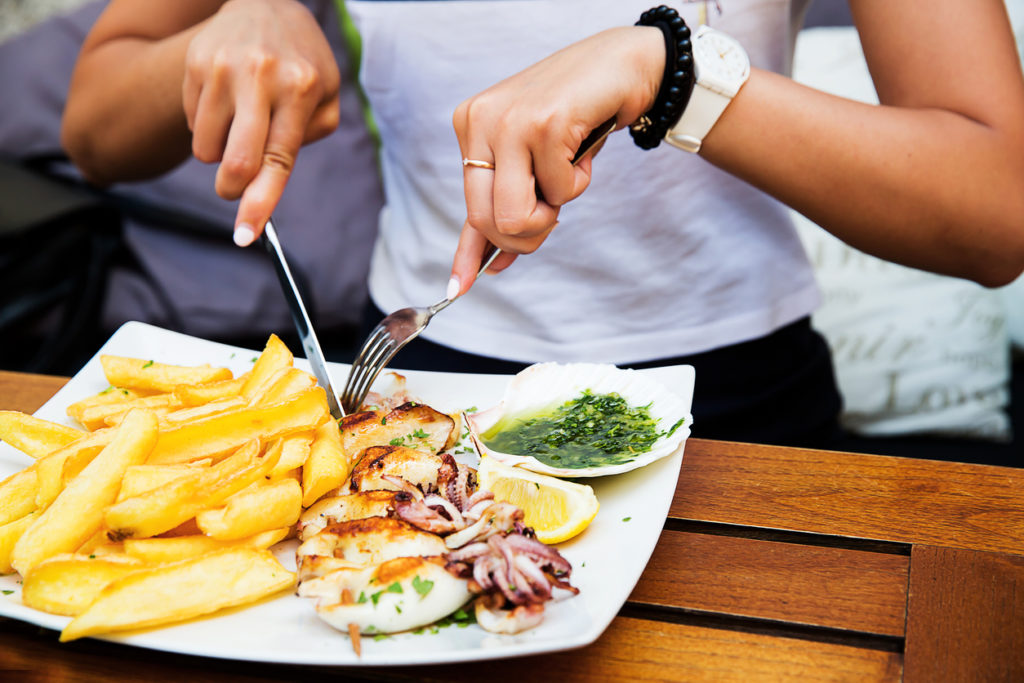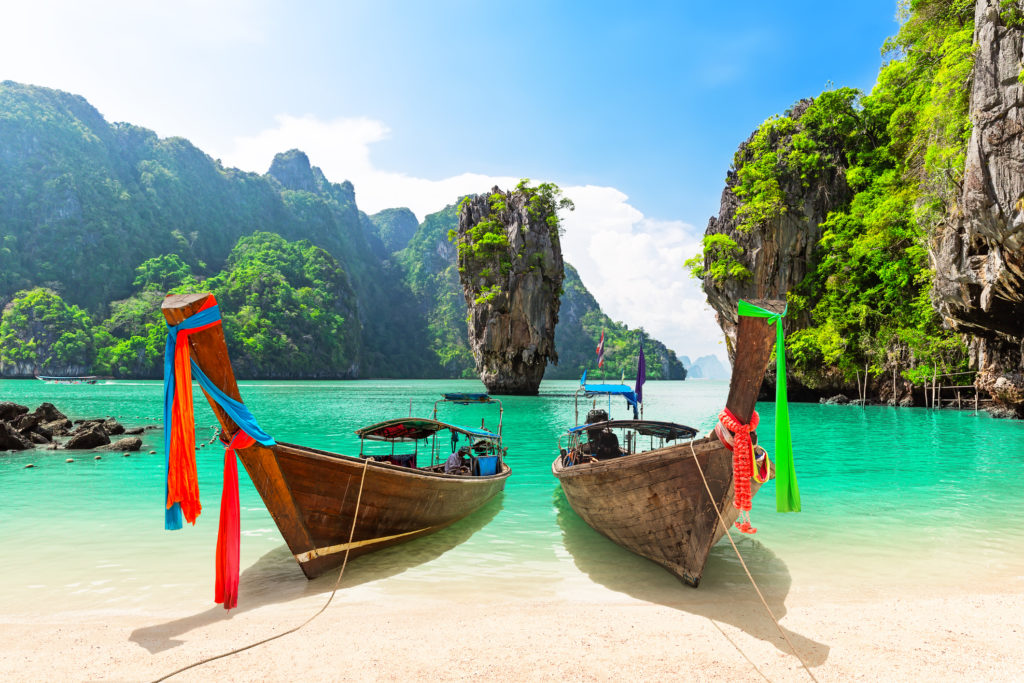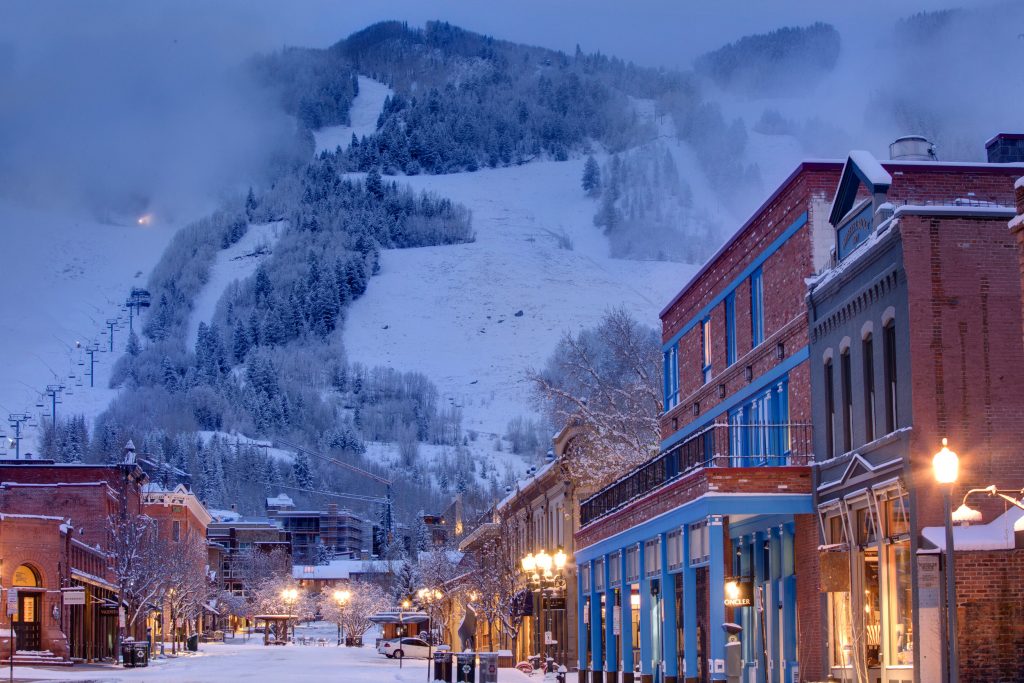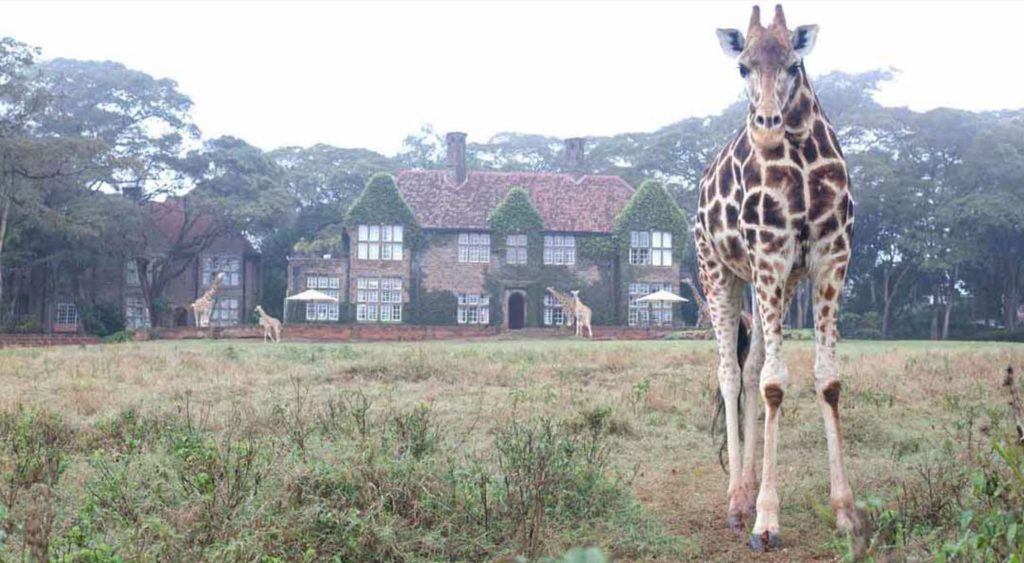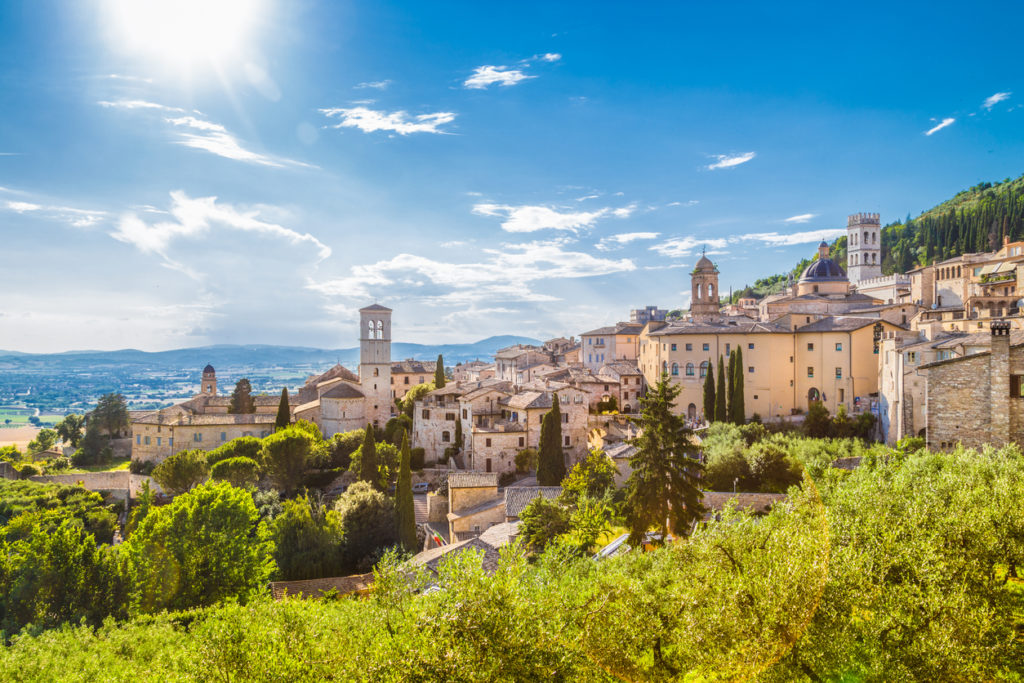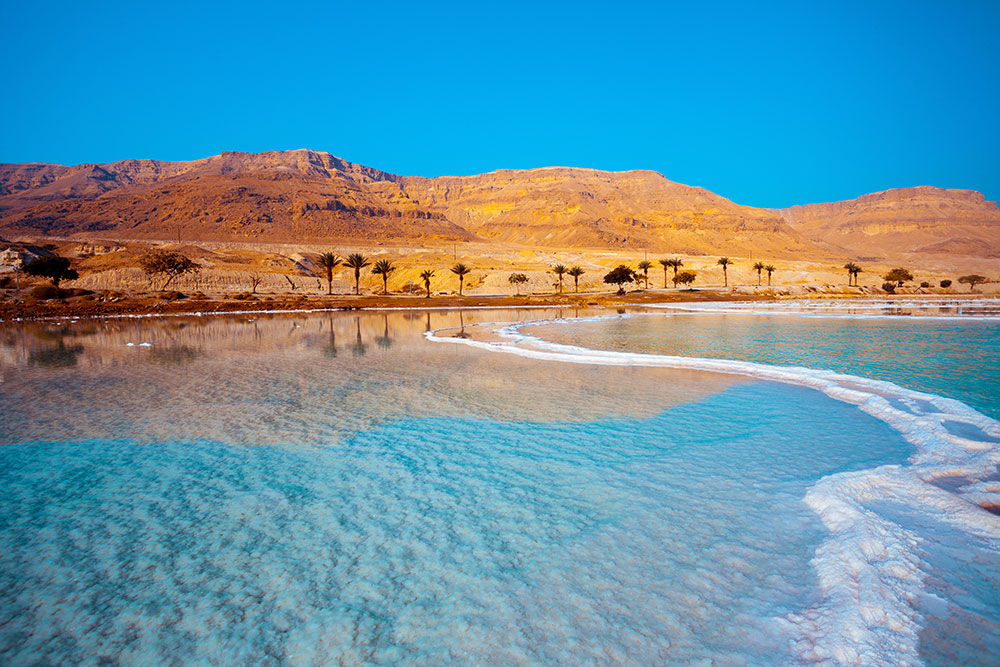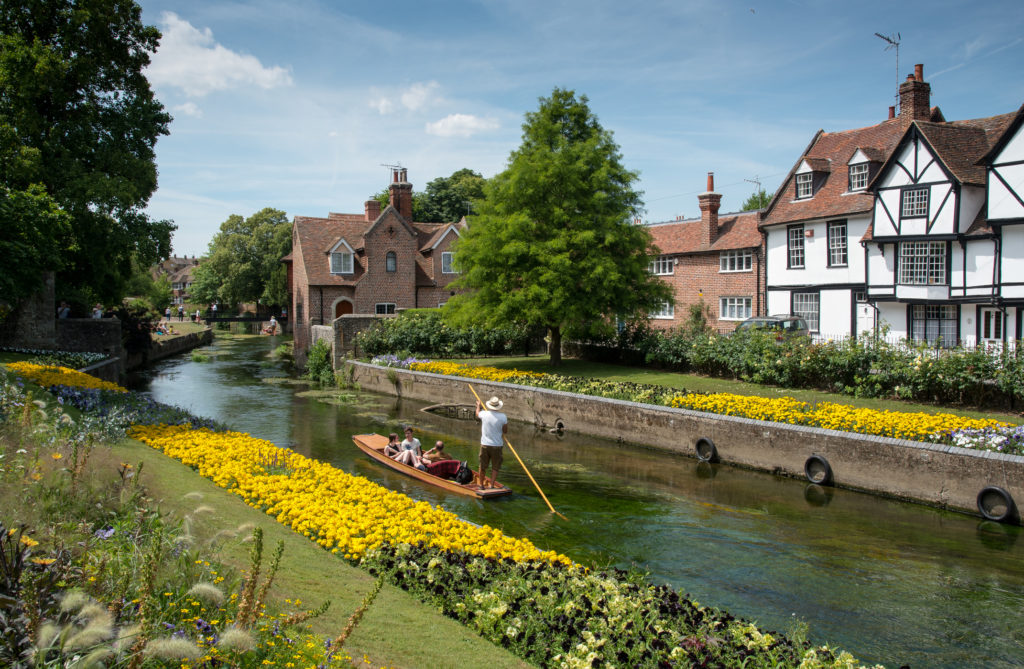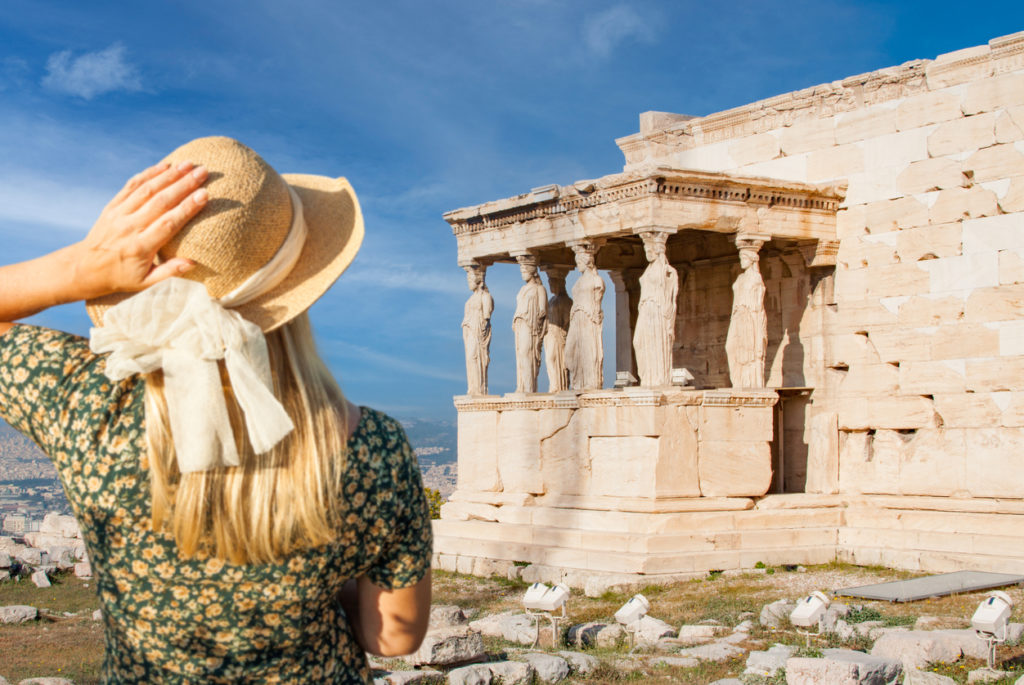There are places in this world that don’t just live up to their reputation, they transcend it. Provence is one of those places. Whisper the name and you’re already halfway there, drawn by something you can’t quite articulate but somehow feel. A colour, a scent, a rhythm. It isn’t just a region of France; it’s a mood, a state of being. And once you’ve experienced it, it quietly insists on staying with you.
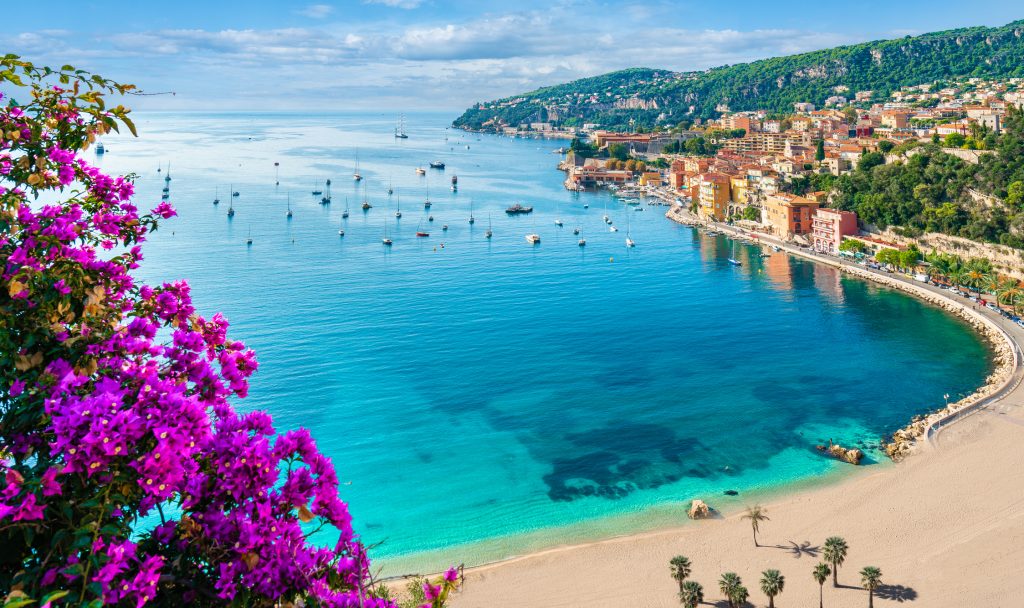
Provence is sunlight dappled through cypress trees. It’s hillsides stitched with vineyards and the flicker of shuttered windows painted in soft blues and greens. It’s the smell of freshly baked fougasse drifting through morning markets and the low murmur of French being spoken with the unhurried lilt of people who’ve long mastered the art of living well. Somehow, everything here feels effortless, as if Provence knows it has nothing to prove.
Your journey may begin in Aix-en-Provence or Avignon, towns that wear their history like a second skin. There’s grandeur, certainly, Avignon’s Palais des Papes still stands as a reminder of when this elegant riverside town was the centre of the Catholic world. But there’s also a softness, a worn-in warmth that welcomes rather than overwhelms. Cobblestone lanes meander through medieval quarters, guiding you to shady squares where fountains trickle and café chairs spill into the streets. Here, no one hurries over coffee. The day is allowed to unfold at its own pace.
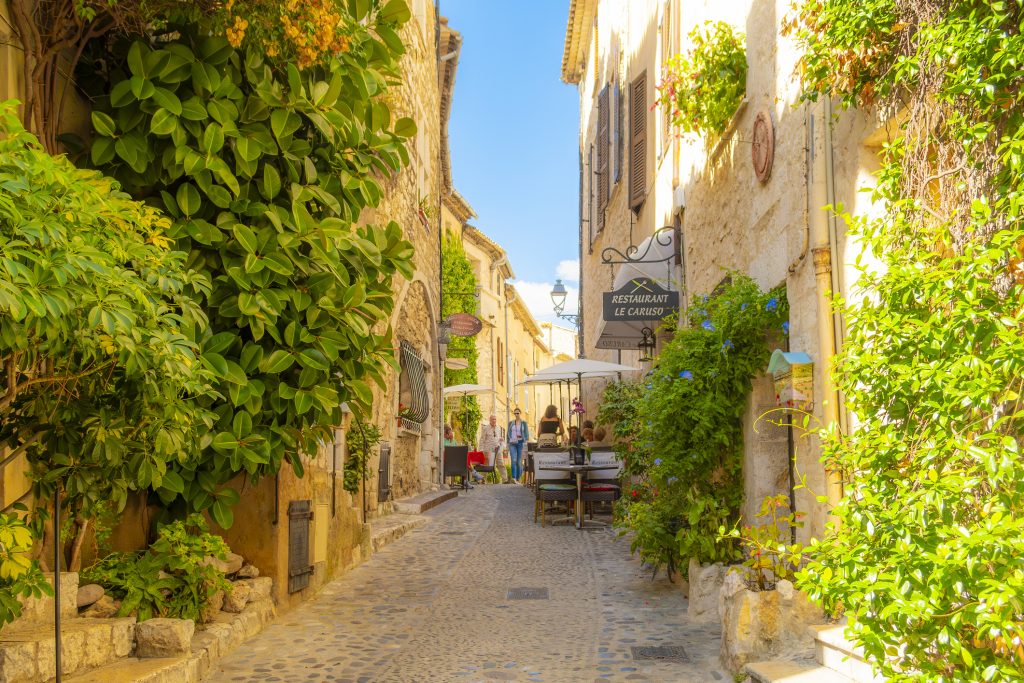
Then there’s the landscape. Provence is a painter’s dream made real. You see why Cézanne was obsessed with Mont Sainte-Victoire, why Van Gogh never wanted to leave Arles. The light itself feels different here, sharper, warmer, almost golden. Lavender fields ripple like waves under the breeze, their purples impossibly vibrant against ochre earth and clear blue skies. In the height of summer, the scent alone is enough to stop you in your tracks. It lingers in the air, mingling with the sun and the sound of cicadas, weaving a spell that’s hard to shake.
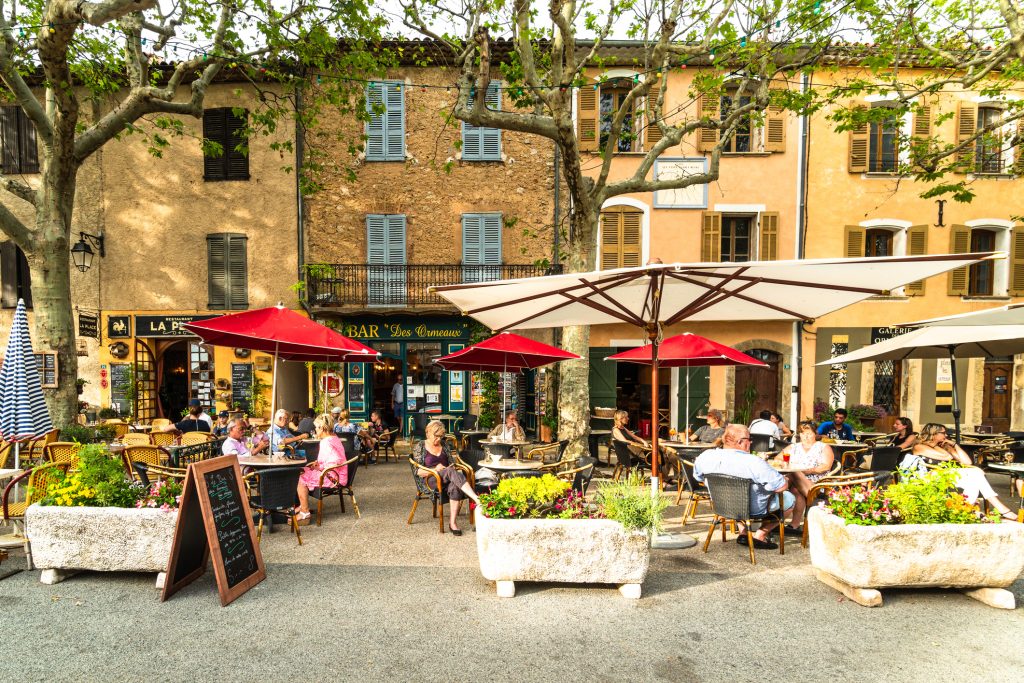
But this is not a place only for postcards. It is lived in. It is real. You find it in the clink of glasses raised under plane trees, in the dust on a vineyard path, and in the locals who speak proudly of their village or their olives or their wine, not in the abstract, but in the detail. Each bottle, each loaf, each goat’s cheese has a story. There’s a deep-rooted connection here between people and land, and it’s not performative. It simply is.
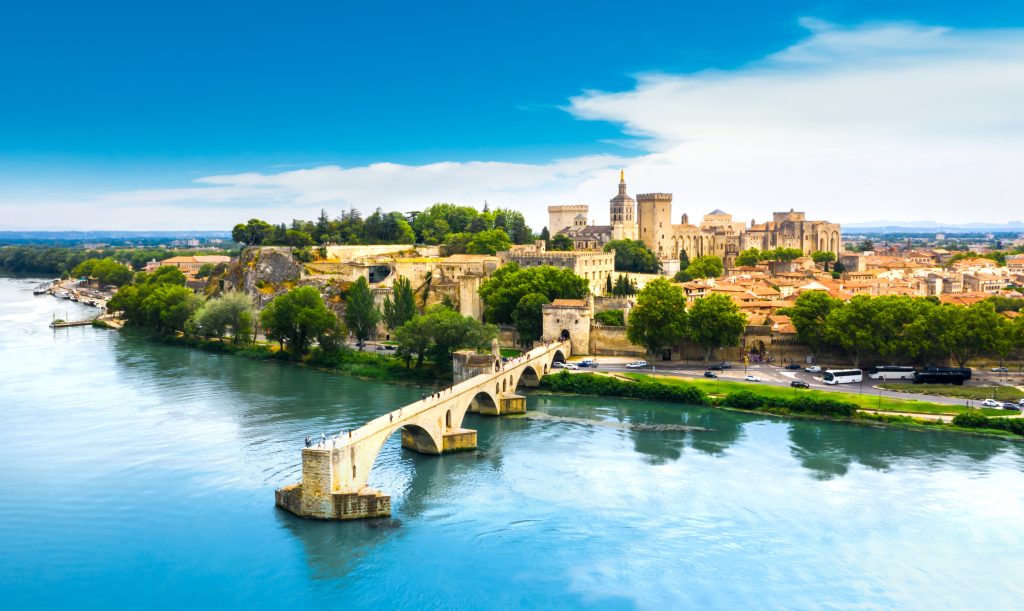
Wine, of course, is part of Provence’s rhythm. Rosé may have become fashionable elsewhere, but here it’s a staple, and it’s taken seriously. Pale, dry, and chilled just so, it slips into lunch as naturally as the sunlight itself. You’ll find the vineyards of Châteauneuf-du-Pape and Gigondas standing proud in the Rhône Valley, while the Luberon and Les Alpilles offer a more rustic, down-to-earth charm. Wine-tasting isn’t rushed or slickly commercialised. It’s often just you, a vintner, and a small glass beneath a fig tree.
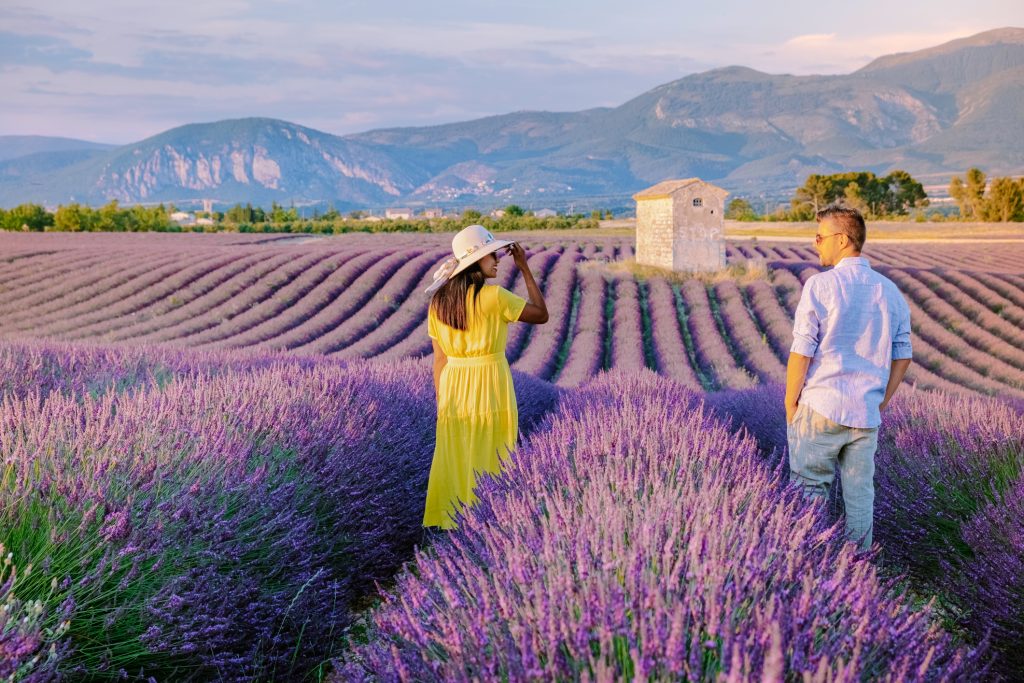
The villages—oh, the villages. Each one seems plucked from a dream. Gordes clings to a hillside, golden in the late afternoon light. Roussillon dazzles in shades of ochre, carved from the red earth itself. Ménerbes, Bonnieux, Lourmarin… they’re more than pretty names. They are tiny worlds in which time seems to fold in on itself. It’s not about doing anything in particular, it’s about being. Walking through an archway into a sleepy square, you feel as if you’ve wandered into the pages of a book you never want to end.
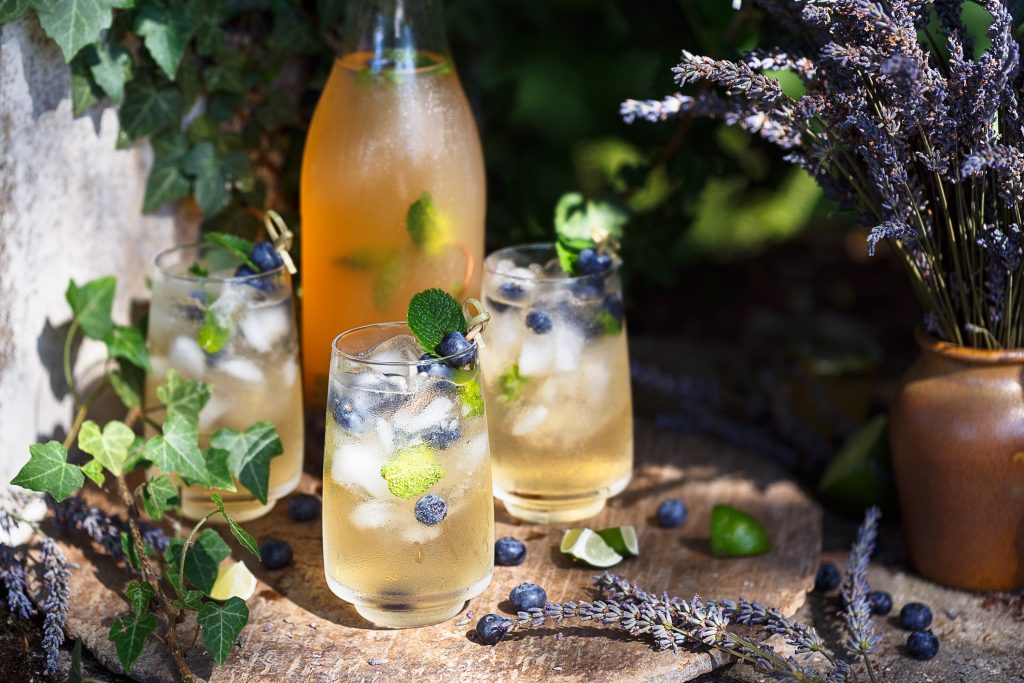
There’s always something quietly unfolding in Provence. A farmers’ market where apricots are offered with a smile and a wink. A local festival celebrating garlic or lavender or the return of swallows. A game of pétanque played with serious expression and occasional bursts of laughter. These aren’t spectacles, they’re just life here. The kind that makes you want to linger a little longer, or better still, not leave at all.
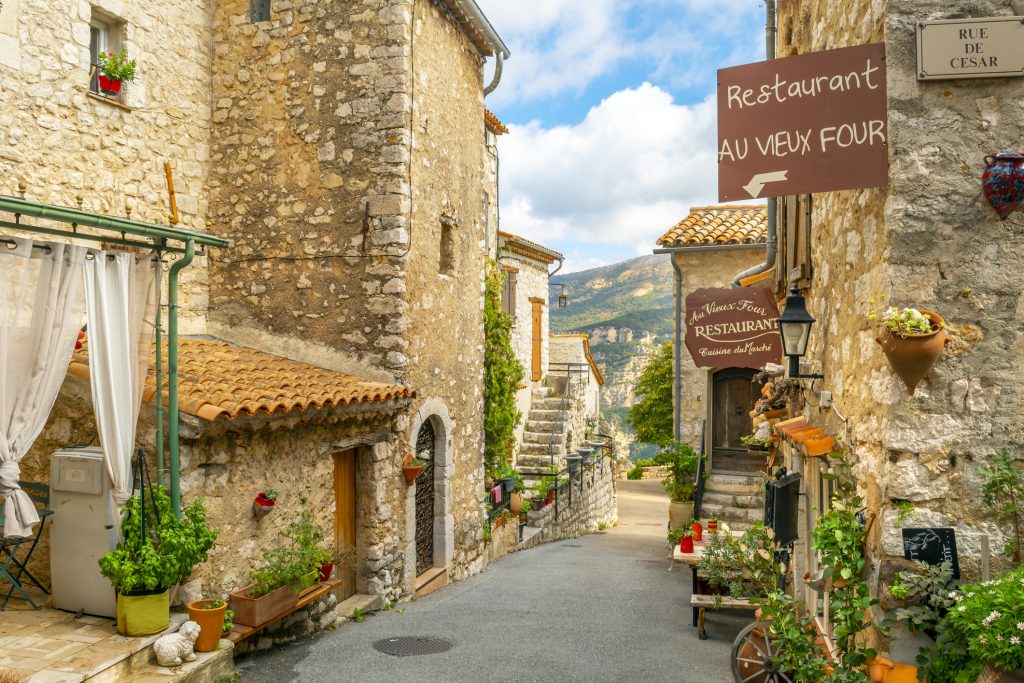
Provence has a way of making you question things. Why rush? Why fill every moment? Why not savour the sound of a wooden chair scraping across a terrace, or the way sunlight falls through olive leaves at noon? It’s not about indulgence, not really. It’s about noticing. Being present. Allowing yourself to simply be.
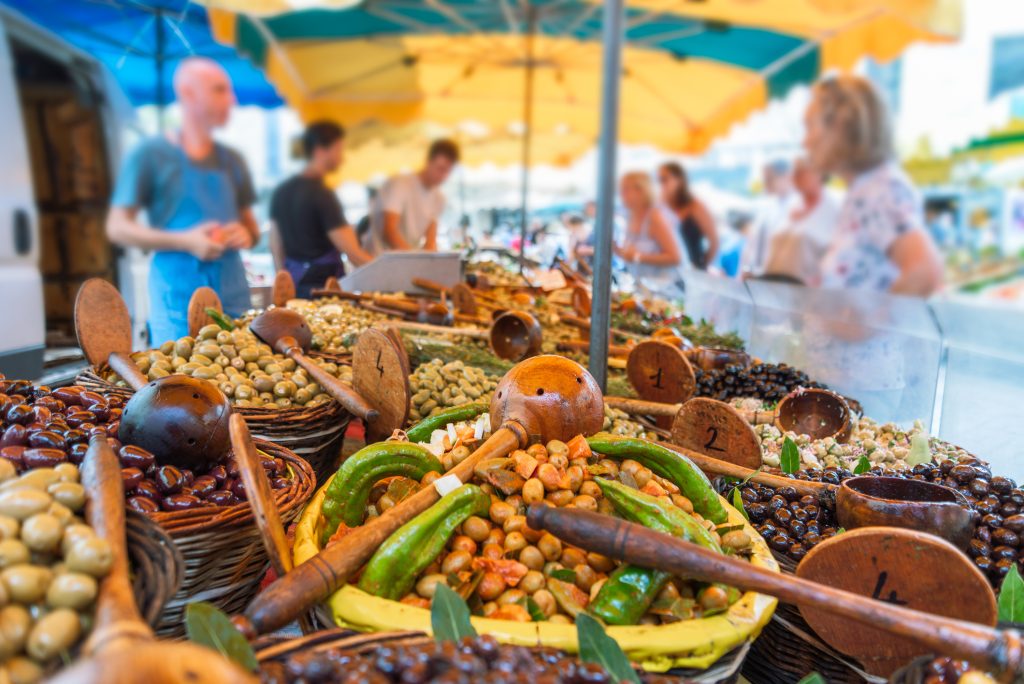
At dusk, when the hills blush and shadows grow long, you may find yourself in a vineyard or on a terrace with a glass in hand and a heart that feels strangely at ease. That’s the real magic of Provence. It doesn’t just impress you, it calms you, softens the edges, reminds you of things you’d forgotten in the rush of everyday life.
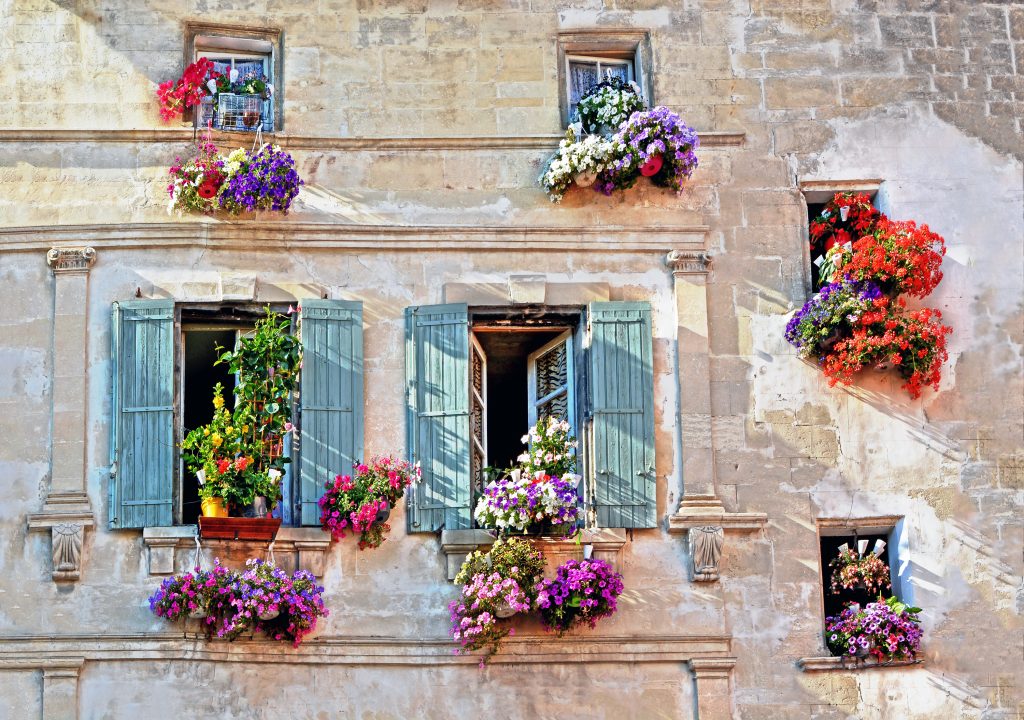
And as the stars begin to prick the sky, and the last light fades behind the mountains, you’ll know that something inside you has shifted. Not dramatically. Not loudly. Just quietly. Like Provence itself.

